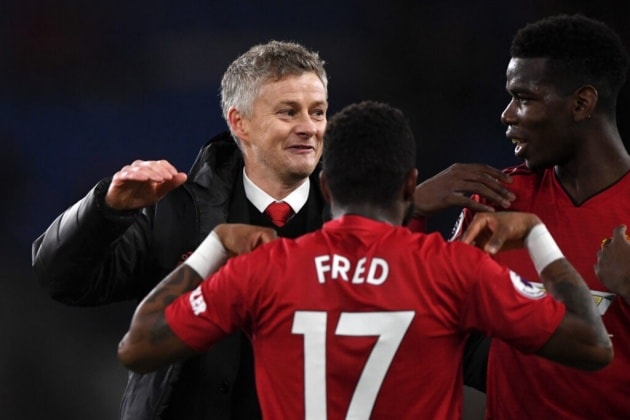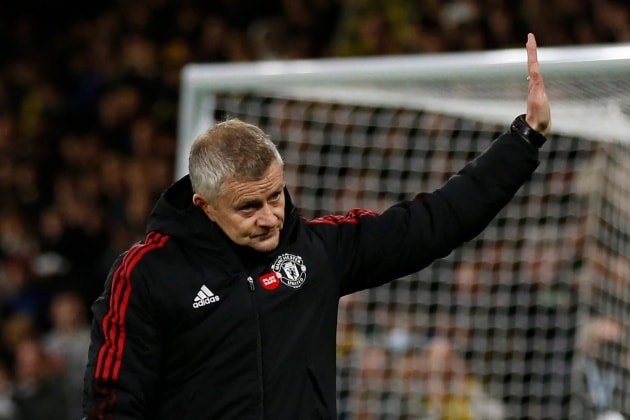Man Utd after 4 years of parting ways with Solskjaer: what lessons?
Four years after sacking Solskjaer, Man Utd still lacks a breakthrough: recruitment is out of sync, playing style is unclear. Ruben Amorim helps the team go 5 games unbeaten.
Four years after Ole Gunnar Solskjaer left Old Trafford, Manchester United have yet to find a stable foundation. Repeated problems from transfers to style of play mean individual trophies do not translate into sustainable progress. Currently, Ruben Amorim has a five-game unbeaten streak in the Premier League, but the road to recovery is still long.

Watford 1-4 turning point and farewell in November 2021
In November 2021, a 4-1 defeat to Watford ended Solskjaer’s tenure. The farewell the following day was rare: respectful and emotional on both sides. Looking back, Solskjaer himself admitted the shock: “It was a hard kick. I think we were on the right track.” As Man Utd continued to slide in the years that followed, what he built was increasingly scrutinized.
Solskjaer's legacy: rankings and top experience
Solskjaer finished two full seasons with third and second places – a mark United have not come close to since. He took the team to the Europa League final, only to lose on penalties. These results were not enough to save him from the sack, but they helped re-establish the perception of his tenure: a competitive base, albeit lacking the final leap.
Lesson 1: Recruitment must serve the plan
With the club in disarray under Ed Woodward, Solskjaer has navigated a dysfunctional transfer system. The need was for a midfielder, but the club brought in Jadon Sancho. United had chances to sign Jude Bellingham and Erling Haaland but failed to complete them; deals like Cristiano Ronaldo and Van de Beek have made things even more difficult. That series of misaligned decisions reflects a fundamental problem: the recruitment structure is not aligned with the direction of play.
Lessons learned from the error chain
- Tactical needs and player profiles must match.
- The transfer market needs a clear process to avoid missing out on priority targets.
- Avoid deals that impact squad and locker room balance.
Lesson 2: Titles are no substitute for progress
Solskjaer’s view that “a trophy is sometimes just about ego” was once mocked, but is seen differently when juxtaposed with recent reality. Erik ten Hag brought the Carabao Cup and then the FA Cup, but United failed to make sustained progress and he was eventually sacked. The message is clear: short-term trophies are no substitute for fundamental football.
Solskjaer after Old Trafford
What Solskjaer hasn’t been able to prove is that United were wrong to let him go. After a break, he tried his hand at Besiktas but was released after eight months. However, the point remains: United are still struggling to find the foundation he once built.

Man Utd's present: signals from Ruben Amorim
Ruben Amorim is slowly bringing the light back with five consecutive Premier League games unbeaten. It’s a positive run of results, which suits the need for short-term stability. But as the past four years have shown, sustainability depends on two main pillars: a recruitment process that is linked to a game plan, and a well-founded style of play.
Questions United need to address
- Can the transfer system avoid the demand-skewed decisions of the previous period?
- Is the play under Amorim consistent enough to turn an unbeaten streak into long-term progress?
- Will future titles – if they come – come with better performance or just moments?
Four years after sacking Solskjaer, United have enough data to learn from: synchronization between strategy, people and playing style. The current unbeaten streak opens up hope, but success is still a journey that requires consistency - something they have lost for too long.


